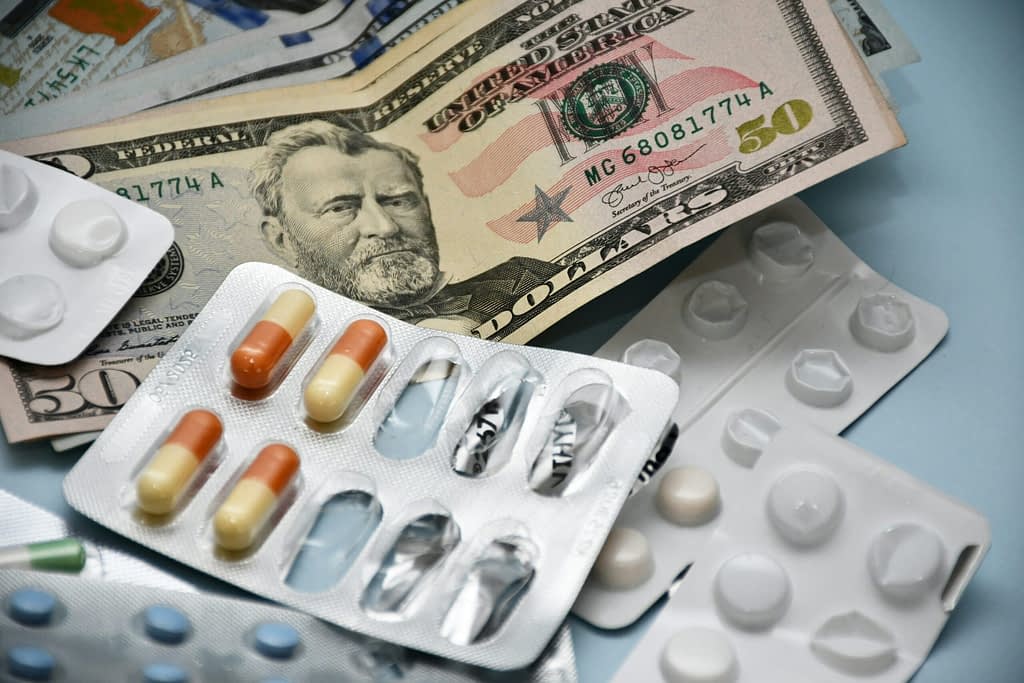Donald Trump has announced a radical move in the pharmaceutical industry that could completely change the rules of the game in the world’s largest drug market. The former and newly elected US President plans to sign an executive order that could reduce drug prices in the US by up to 80% by implementing the “most-favored nation” principle. This measure could represent a fundamental shift for American consumers while simultaneously putting unprecedented pressure on pharmaceutical companies worldwide.
What Exactly is Trump Planning?
- Americans should not pay more for drugs than residents of countries with the lowest prices
- Drug prices in the US could fall by 30-80%, according to Trump
- The executive order is to be signed on Monday at 9:00 AM Washington time
- Trump described the current model as unfair to American citizens
Immediate Market Reaction
The announcement had an immediate impact on pharmaceutical companies around the world:
- Japan’s Chugai Pharmaceutical experienced its largest one-day drop in 14 years (-11%)
- Daiichi Sankyo lost 8.1%, Takeda more than 5%
- South Korea’s Celltrion and Samsung Biologics fell by more than 4%
- Hong Kong-listed BeiGene, which derives most of its revenue from the US, fell by 10%
- China’s Jiangsu Hengrui lost over 4%, despite not currently selling drugs in the US
- India’s Sun Pharmaceuticals fell by as much as 7%
These sharp declines in stock values indicate how seriously financial markets are taking Trump’s plans and their potential impact on future pharmaceutical company revenues.
Historical Context and Complications
Americans have long paid the highest prices for drugs in the world, which drives innovation and growth in the pharmaceutical industry. Trump stated that the current system made Americans “suckers” who bear the costs “for no reason whatsoever.” This argument resonates with many voters who have long criticized high prescription drug prices in the US.
The current administration is already negotiating prices for some of the most expensive drugs under Medicare through the Inflation Reduction Act of 2022. However, Trump’s plan could have a broader reach and change the overall approach to drug pricing policy across the entire healthcare system.
Analysts point to potential obstacles:
- A similar proposal from Trump’s first term was rejected by federal courts
- The new plan will likely face resistance in both the Senate and the industry
- It’s unclear whether it will apply only to government programs or more broadly
- Pharmaceutical companies argue that drastic revenue reductions will limit investment in research and development of new drugs
Potential Investment Opportunities
Trump’s statement suggests there could be a “price equalization,” where drugs worldwide might become more expensive while becoming cheaper in the US. This creates complex dynamics for the global pharmaceutical market, which will need to rethink its pricing strategies.
Investors are most concerned about the impact on blockbuster drugs in the Medicare Part-B program and drugs serving large Medicaid populations. At the same time, opportunities may emerge for companies that can quickly adapt their business models or benefit from potential price increases outside the US.
Billionaire Bill Ackman suggested that Trump may have been inspired by his idea that the best way to reduce drug prices in the US is to “make it illegal for drug companies to sell the same drugs abroad for lower prices than they sell them for here.” This approach could significantly change the global pricing strategy of pharmaceutical companies.
Broader Economic Implications
If Trump’s plan were implemented, it could have far-reaching consequences not only for the pharmaceutical industry but also for the overall US economy and global health systems. Reducing drug costs could free up financial resources in the American healthcare system, but it could also lead to reduced investment in research and development of new medicines.
This fundamental transformational step could bring significant changes across the entire pharmaceutical sector and open new possibilities for informed investors who can anticipate which companies will be best able to adapt to the new conditions. It’s an opportunity to monitor not only the direct impacts on stock prices but also long-term structural changes in the pharmaceutical industry.




